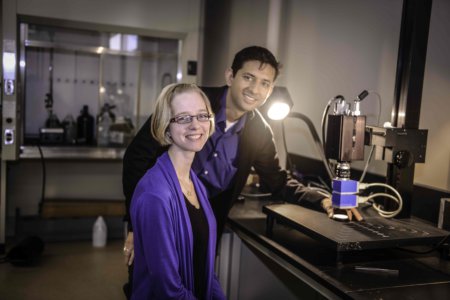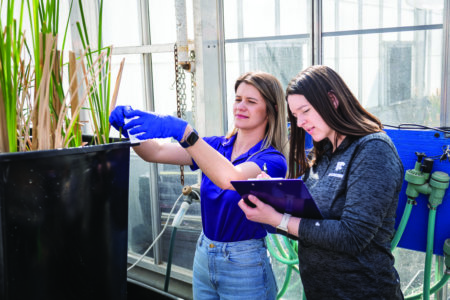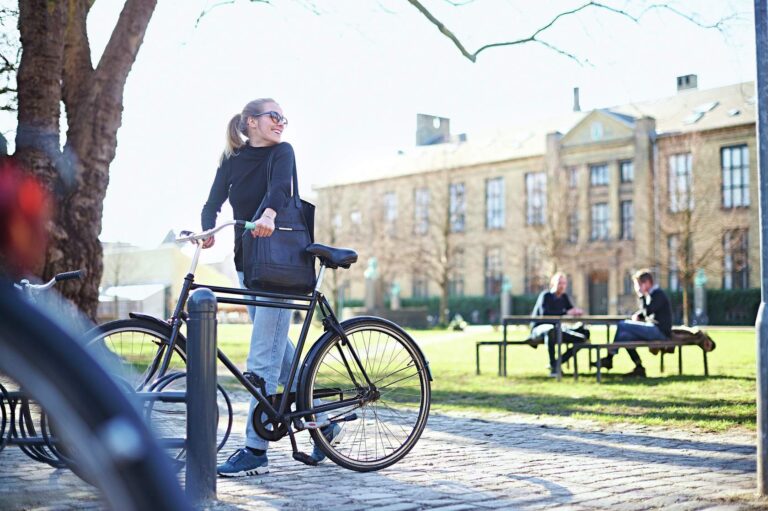
As the global population races towards an estimated 9.7 billion by 2050, the strain on food systems and natural resources is intensifying at an unprecedented pace. Today, over 800 million people are undernourished, and food production must increase by at least 60% to meet future demands.
Furthermore, the current trajectory of unsustainable consumption patterns exacerbates climate change and biodiversity loss. These intertwined challenges highlight the pivotal role universities play in crafting innovative solutions through education, research, and policy development.
An economics-focused master’s degree is your start towards spearheading solutions. With it, you can work towards entering a variety of fields, such as agribusiness, government agencies, non-profit organisations, and research institutions. It can even prepare you for jobs outside agriculture, like environmental consulting, renewable energy, sustainable development, policy making, and more.
In Europe, three universities are leading the way in food and resource economics. Read on to uncover their innovative programmes, groundbreaking research, and the vibrant academic communities shaping the leaders of tomorrow.
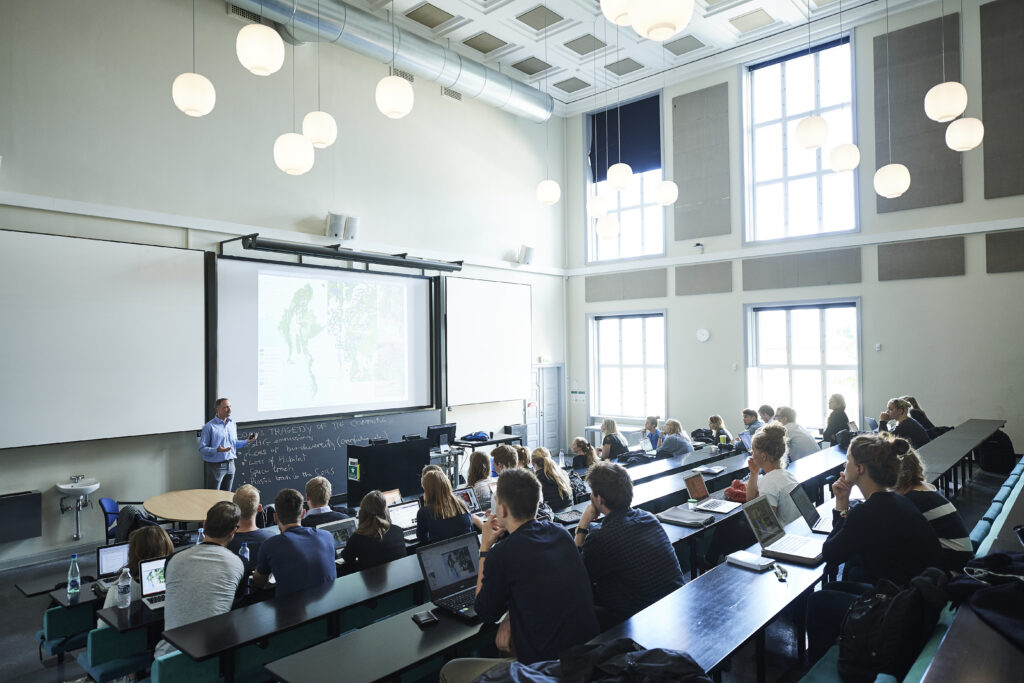
Source: University of Copenhagen
University of Copenhagen
Companies want you when you hold a master’s degree from the Department of Food and Resource Economics at the University of Copenhagen, the fifth-best university in Europe. And they want you immediately after graduation. They know you come from a department where the “green transition” — the period of time needed to ensure that most, if not all, human activities are sustainable in the long term and do not damage the planet – is important and reflected in your master’s degree. After all, graduates here stand out for their expertise in low-carbon solutions, clean energy, and biodiversity.
Take the Master of Science (MSc) in Environmental and Natural Resource Economics, for example. The programme focuses on solving critical environmental challenges like climate change and biodiversity decline. The MSc in Agricultural Economics puts a global lens on food, agribusiness, environment, and development in deciding the economic incentives that can regulate the consumption and production of the things we eat. Whichever MSc you choose, you’ll learn via lectures, seminars, practical and theoretical exercises. There is a lot of project work that’ll let you apply economic theories to real-world problems.
“My education in environmental economics not only gave me a strong foundation in natural science which I still benefit greatly from but also useful skills in environmental economics,” says Environmental and Natural Resource Economics graduate Camilla Damgaard.
Located in a country that’s leading the green transition in the entire food value chain, the University of Copenhagen is the perfect place to study, discover, and adopt sustainability in your everyday life. There’s a buzzing college town energy in the city with “pilgrimage-worthy dining and design” — as you earn a well-known, well-respected degree, you’ll get to make a lifetime’s worth of memories before building a career in Denmark or EU after graduation. Apply to the University of Copenhagen today.
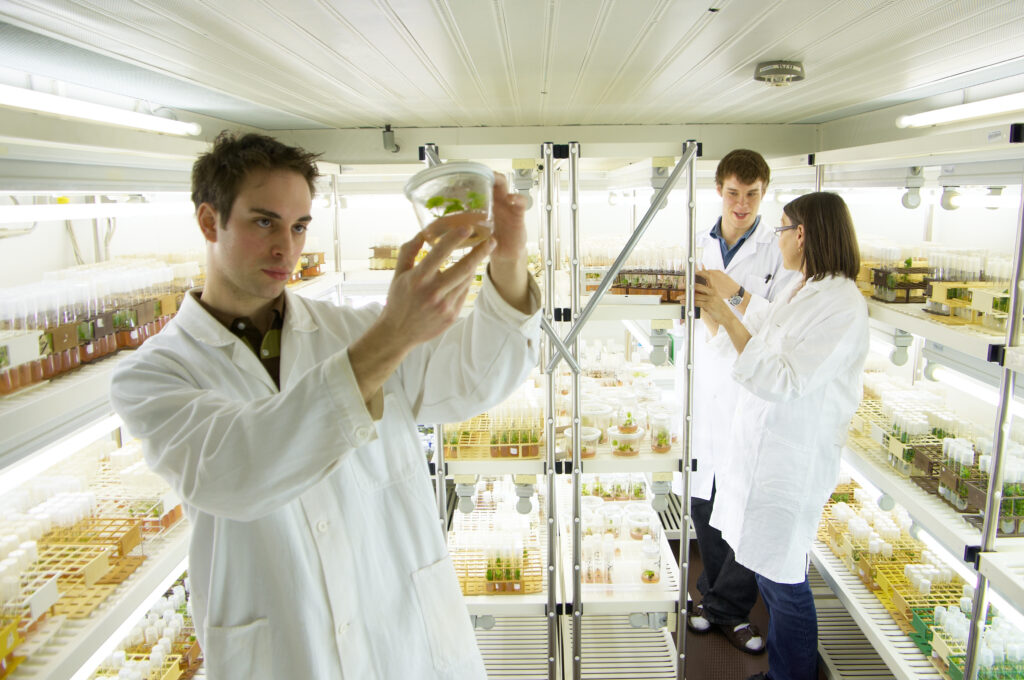
The university offers nine fully English master’s programmes, three of which focus heavily on going green. Source: BOKU University
BOKU University
What sets BOKU University apart is its holistic approach to research and teaching in natural resources and life sciences. Established in 1872, what started as a small agricultural university has now become one of the best institutions in Europe for life sciences. Out of the various departments and institutions present, the Institute of Agricultural and Forestry Economics (AFO) under the university’s Department of Economics and Social Sciences is a highlight. Here, students attend courses on management, sustainability, crops and animals, multifunctionality, renewable energy, and environmental protection.
The research in AFO combines basic and applied studies with quantitative and qualitative methods, all while building and maintaining a strong involvement with interested parties that want to see progress in solving the world’s issues. This makes research here relevant not only to the scientific community but also to key stakeholders in the agricultural and forestry sectors.
Research in agricultural economics explores the development and evaluation of new concepts for the sustainable production of agricultural goods for public consumption with a focus on the balance between ecology, economy, and social aspects. From adapting farms to the world’s current state to approving new technologies for agricultural benefits, students discover new skills and gain more knowledge regarding the growing sector.
Besides the university’s research prowess, students choose the university to pursue their education because of its location in Vienna, Austria. The City of Music is regularly rated as one of the most liveable cities in the world because of its high quality of living, cultural activities, and, most importantly, affordability.
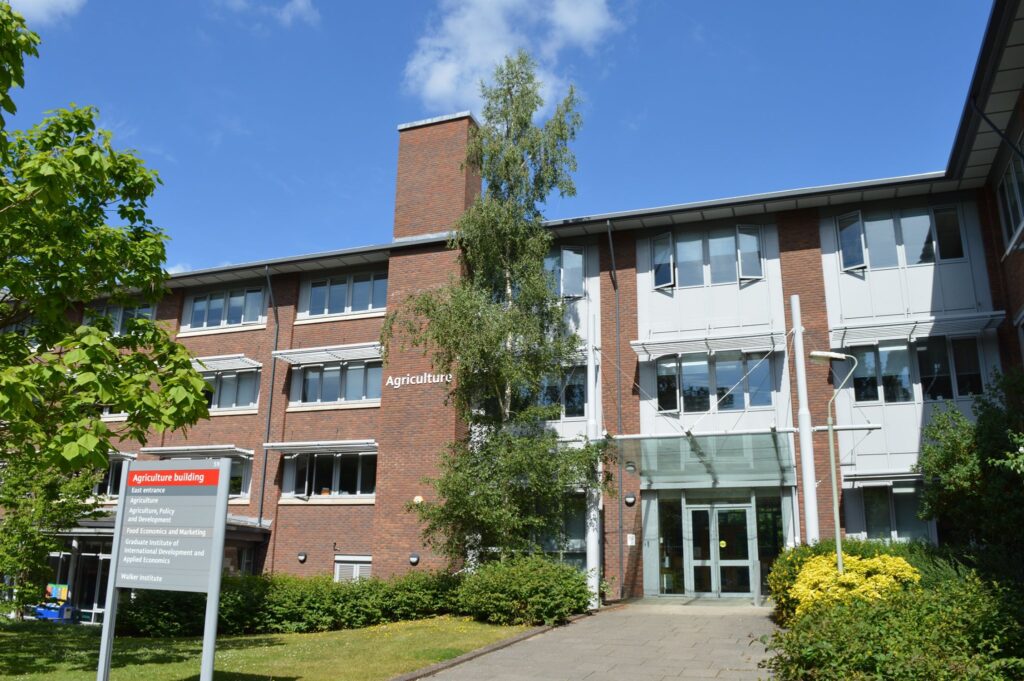
Founded in 1892, the School of Agriculture, Policy and Development has been contributing to teaching and research in agriculture and related fields for more than a century. Source: Agriculture, Policy & Development at the University of Reading /Facebook
University of Reading
Students thrive in the right environment with the proper support. At the School of Agriculture, Policy and Development, aspiring agricultural economics professionals learn from great teachers and pursue practical degrees. Each pathway offers students a unique opportunity to gain specialised knowledge and skills as they work towards issues that are aligned with the 2030 Agenda for Sustainable Development, including sustainable food production, biodiversity conservation, animal welfare, and many more.
Founded in 1892, the school has been contributing to teaching and research in agriculture and related fields for more than a century. Its research expertise is woven into its teaching, providing students with the knowledge and skills to succeed in their chosen career or further study.
Look at the MSc Agriculture Economics, for example. It is a top pick for agricultural economics enthusiasts for good reasons. Apart from being able to specialise in an area within agricultural development economics, students can choose from a diverse range of modules that aim to give them the knowledge and skills to make an impact and be part of global change.
Learning takes place through a variety of learning methods, such as seminars, lectures, tutorials, debates, discussions, and even field trips. During the summer term, there is the option to undertake an optional placement.
The best part? As an MSc Agricultural Economics student, you’ll be a member of the school’s Graduate Institute of International Development, Agriculture and Economics (GIIDAE). They attract a diverse community of master’s students from more than 40 countries. At its core, GIIDAE holds diversity, equality and high-quality teaching and learning as core values in its approach to education.
*Some of the institutions featured in this article are commercial partners of Study International








